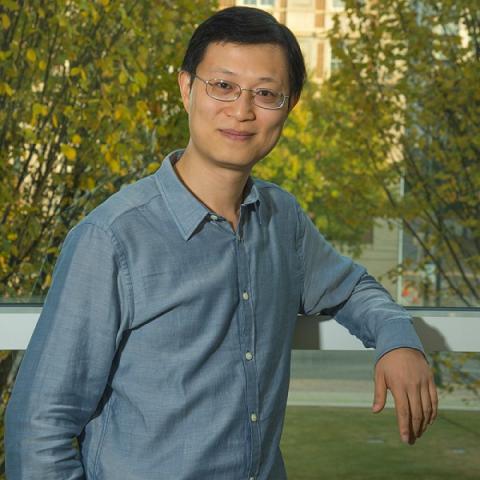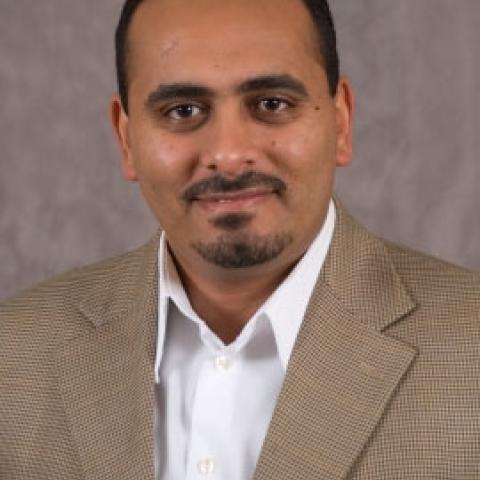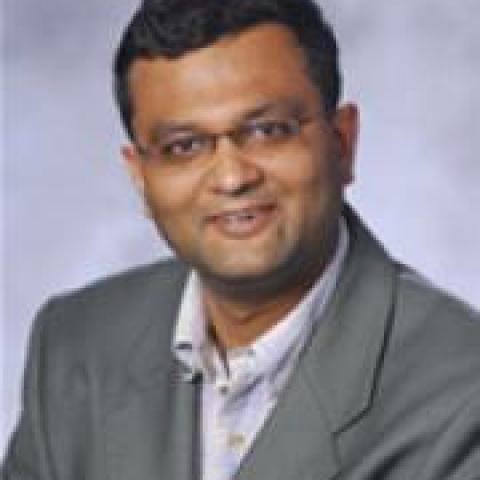Kaye Husbands Fealing is the Assistant Director of the Social, Behavioral and Economic Sciences at the National Science Foundation (NSF) and co-chair of the Subcommittee on Social and Behavioral Sciences of the Committee on Science of the National Science & Technology Council (NSTC). She is the former Dean of the Ivan Allen College of Liberal Arts at the Georgia Institute of Technology and a former Chair of the School of Public Policy Georgia Tech, where she currently holds the title professor. She specializes in science of science and innovation policy, the public value of research expenditures, and broadening participation in STEM fields and the workforce.
Prior to her positions at Georgia Tech, Husbands Fealing taught at the Humphrey School of Public Affairs, University of Minnesota, and she was a study director at the National Academy of Sciences. Prior to the Humphrey School, she was the William Brough professor of economics at Williams College, where she began her teaching career in 1989. She developed and was the inaugural program director for NSF's Science of Science and Innovation Policy program and co-chaired the Science of Science Policy Interagency Task Group, chartered by the Social, Behavioral and Economic Sciences Subcommittee of the NSTC. At NSF, she also served as an Economics Program director. Husbands Fealing was a visiting scholar at Massachusetts Institute of Technology’s Center for Technology Policy and Industrial Development, where she conducted research on NAFTA’s impact on the Mexican and Canadian automotive industries, and research on strategic alliances between aircraft contractors and their subcontractors.
Husbands Fealing is an elected member of the American Academy of Arts and Sciences, is an Elected Fellow of the National Academy of Public Administration, an Elected Fellow of the American Association for the Advancement of Science (AAAS). She was awarded the 2023 Carolyn Shaw Bell Award from the American Economic Association's Committee on the Status of Women in the Economics Profession, and the 2017 Trailblazer Award from the National Medical Association Council on Concerns of Women Physicians. She is a member of the International Women’s Forum-Georgia Chapter, and member of the YWCA's Academy of Women Achievers. She serves as a member on AAAS' Executive Board, the National Academy of Public Administration's board, the trustee board for the R. Howard Dobbs Jr. Foundation, and the Society for Economic Measurement's board. She has served on several committees and panels, including: AAAS committees; National Academies’ panels; Council of Canadian Academies panels; American Academy of Arts and Sciences working groups; NSF’s Social, Behavioral, and Economic Sciences Advisory Committee, STEM Education Advisory Committee, and the Committee on Equal Opportunities in Science and Engineering; NIH’s National Institute of General Medical Sciences Council; General Accountability Office’s Science, Technology Assessment, and Analytics Polaris Council; and American Economic Association’s Committee on the Status of Women in the Economic Profession. At Georgia Tech, she co-chaired the Arts@Tech Institute Strategic Planning committee, and she has served on the Institute for Data Engineering and Science Council, the Intellectual Property Advisory Board, and other committees.
Husbands Fealing holds a Ph.D. in economics from Harvard University, and a B.A. in mathematics and economics from the University of Pennsylvania.
Assistant Director of the Social, Behavioral and Economic Sciences at the National Science Foundation (NSF)









